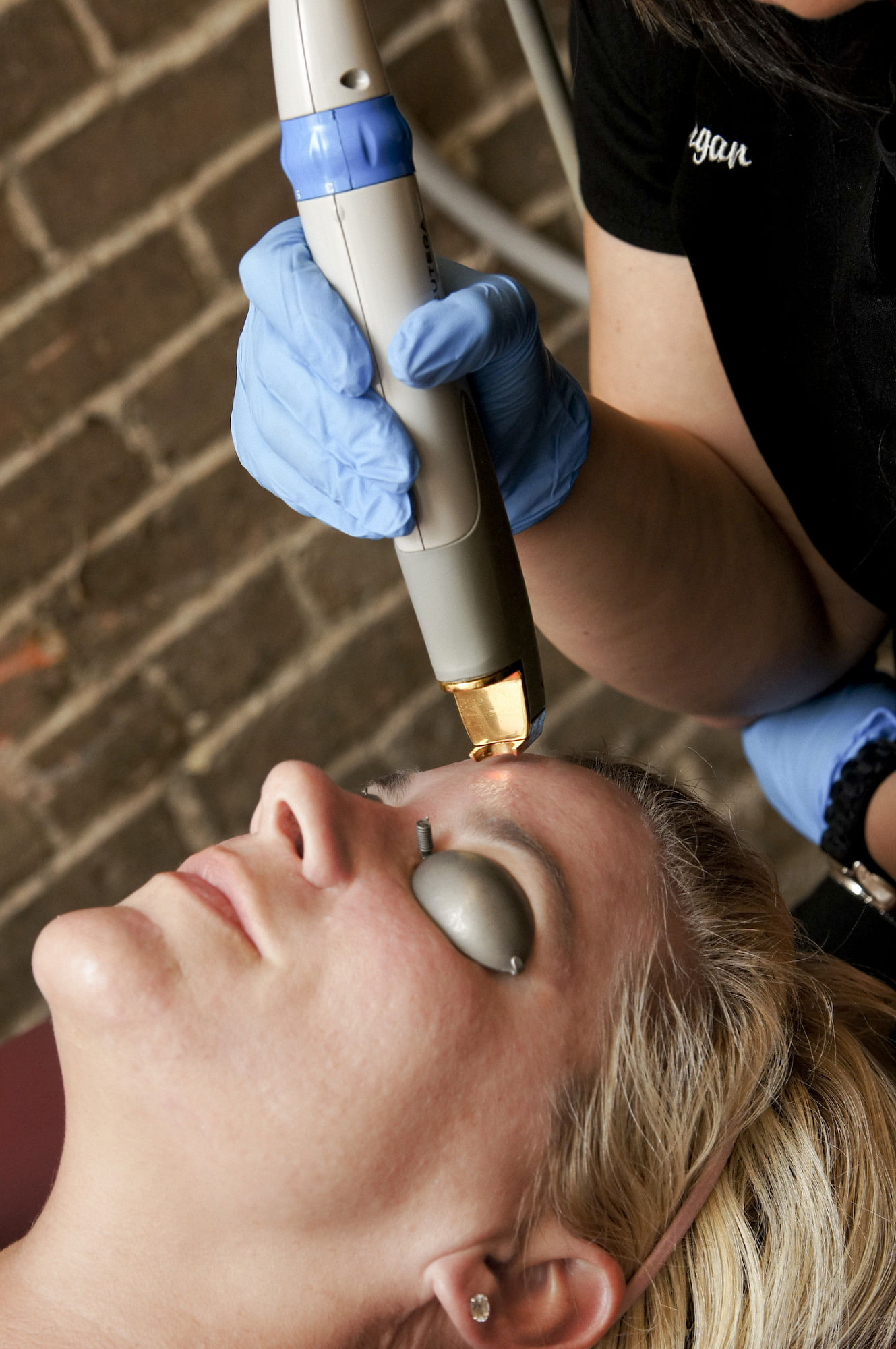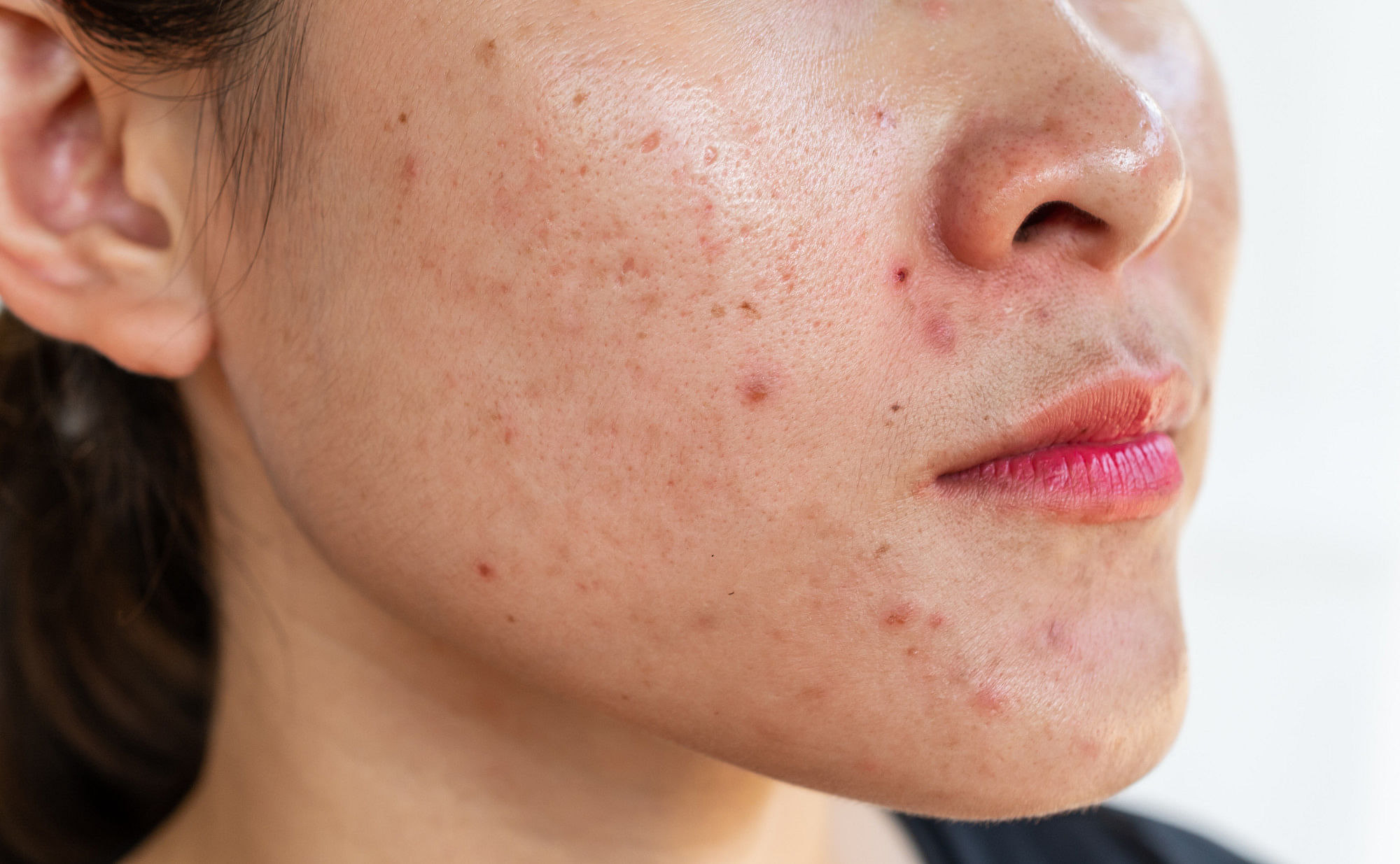Causes of Acne
Acne is primarily caused by the buildup of oil (sebum), dead skin cells, and bacteria within hair follicles, leading to inflammation and the formation of pimples, blackheads, or cysts.
Hormonal changes, particularly during puberty, pregnancy, or menstrual cycles, often trigger an increase in sebum production, making the skin more prone to acne. These fluctuations in hormones can overstimulate the sebaceous glands, resulting in clogged pores and breakouts. Additionally, certain medications, such as corticosteroids or birth control pills, may exacerbate the condition by influencing hormone levels or skin oil production.
Other contributing factors to acne include lifestyle and environmental triggers. Diets high in sugars and refined carbohydrates, for instance, can lead to spikes in insulin levels, which may increase oil production and worsen acne. Stress can also play a role by prompting the body to release cortisol, a hormone that stimulates the skin’s oil glands. Genetics, too, is a significant factor; if acne runs in your family, you are more likely to experience it. External factors, such as the use of comedogenic skincare products or environmental pollutants, can further clog pores and lead to persistent acne flare-ups.







